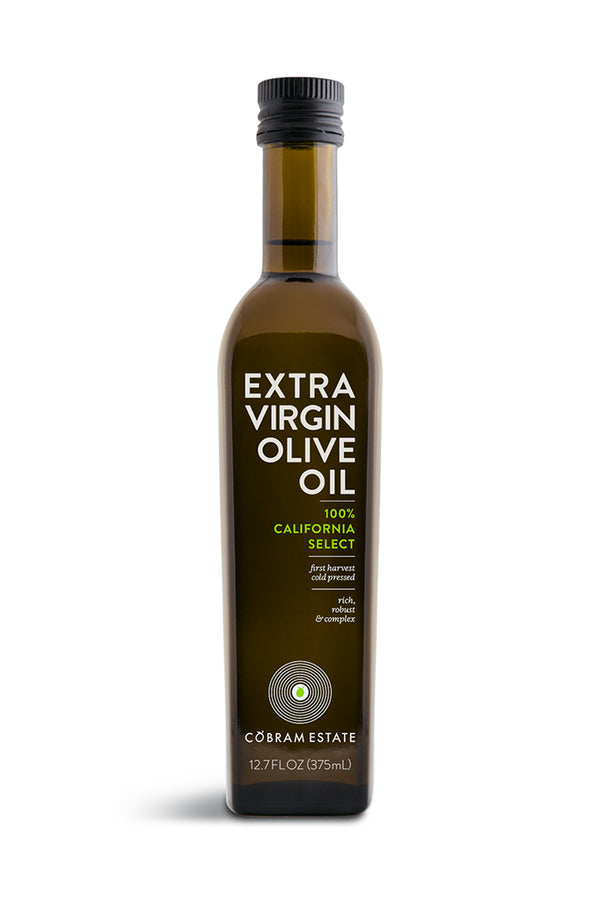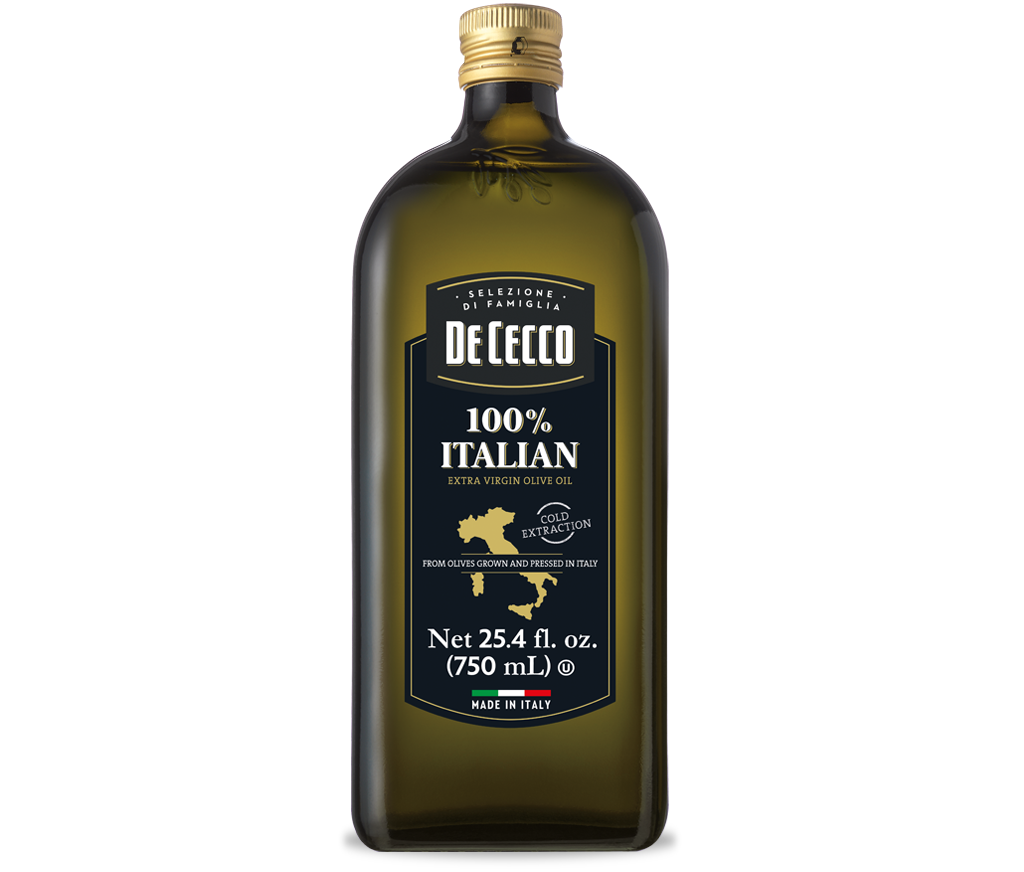Why Extra Virgin Olive Oil Benefits Your Gut and Digestive System
Why Extra Virgin Olive Oil Benefits Your Gut and Digestive System
Blog Article
Discovering the Different Types of Olive Oil and Their Uses, Including Bonus Virgin Olive Oil
The exploration of olive oil incorporates a diverse variety of kinds, each offering distinct tastes and culinary applications. Additional virgin olive oil, renowned for its premium high quality and health advantages, offers as a staple in lots of cooking areas, yet it is only one aspect of this diverse component.
What Is Olive Oil?
Obtained from the fruit of the olive tree, olive oil is a staple in Mediterranean food and a key active ingredient in different cooking applications. This functional oil is generated by pressing whole olives, leading to a liquid that differs in color, aroma, and taste relying on the type of olives utilized, the area of cultivation, and the removal process. Olive oil is mostly composed of monounsaturated fats, especially oleic acid, which is recognized for its prospective health advantages, including anti-inflammatory residential or commercial properties and cardiovascular assistance.
Along with its culinary usages, olive oil has a long background of application in conventional medication and skincare, owing to its rich antioxidant web content (extra virgin olive oil benefits). The oil is often utilized in dressings, marinades, and for cooking techniques such as sautéing and roasting. Its distinct flavor profile can boost the taste of numerous recipes, making it a vital active ingredient for both home cooks and specialist cooks
Furthermore, olive oil is celebrated for its role in the Mediterranean diet plan, which is associated with many wellness advantages. As recognition of these advantages expands, olive oil remains to gain popularity worldwide as a basic part of a healthy and balanced way of living.
Sorts Of Olive Oil
Comprehending the different sorts of olive oil is essential for both culinary enthusiasts and health-conscious consumers. Olive oil is categorized mainly based upon its removal technique and high quality, which substantially affects its wellness, aroma, and taste benefits.

Light olive oil, in spite of its name, describes a lighter taste and not lower calories. It is optimal for those seeking a much more subtle taste in dressings and sauces. Furthermore, there are flavorful olive oils infused with herbs, flavors, or citrus, which can improve meals without the need for additional flavoring.
Each kind of olive oil serves certain cooking purposes, and recognizing these distinctions permits customers to make educated selections that align with their food preparation designs and wellness goals.
Additional Virgin Olive Oil
Additional virgin olive oil (EVOO) is extensively related to as the best olive oil readily available, renowned for its rich taste and various wellness advantages. To be classified as additional virgin, the oil needs to be generated from fresh olives using mechanical processes, without using solvents or extreme warm. This precise technique maintains the oil's natural flavors, anti-oxidants, and healthy and balanced fats, leading to a product with a low acidity level of much less than 0.8%.
EVOO is plentiful in monounsaturated fats, specifically oleic acid, which is connected to decreased swelling and boosted heart health and wellness. It additionally contains polyphenols, effective anti-oxidants that might provide safety results against persistent diseases. The flavor profile of EVOO can vary significantly relying best site on the olive range and area of manufacturing, varying from fruity and grassy to durable and sharp.

Culinary Uses of Olive Oil

In food preparation, olive oil can be made use of for sautéing, roasting, and barbecuing, giving a much healthier alternative to butter or various other fats. Its high smoke factor makes it appropriate for various cooking techniques, while its antioxidants add to a heart-healthy diet. Showering olive oil over ended up recipes, such as pasta, fish, or smoked veggies, can elevate tastes and include a touch of beauty.
Furthermore, olive oil plays a significant function in baking, where it can replace traditional fats in dishes for bread and pastries, giving dampness and a subtle preference. It also acts as a base for instilled oils, allowing cooks to try out flavors such as garlic, natural herbs, or chili, additionally broadening its cooking capacity. Overall, olive oil's convenience makes it essential in both home and professional kitchens.
Deciding On High Quality Olive Oil
When selecting quality olive oil, it's vital to take into consideration a number of vital elements that affect the item's aroma, health and wellness, and taste benefits. First and leading, decide for additional virgin olive oil (EVOO), which is originated from the first chilly pressing of olives and contains the highest degree of anti-oxidants and useful substances. Search for oils that are accredited by recognized companies, as this often makes sure adherence to stringent high quality criteria.
The packaging also plays a substantial function in maintaining the oil's stability. Choose oils kept in dark glass containers or tins to protect versus light destruction. Pay focus to the harvest date; fresher oils supply remarkable flavor and dietary worth, so select check over here items that are within 18 months of their harvest.
Be aware of the preference; a great high quality olive oil need to have an equilibrium of fruity, bitter, and peppery notes, suggesting its splendor and complexity. By assessing these aspects, you can guarantee you are choosing the best olive oil for your cooking needs.
Final Thought
In summary, the expedition of numerous types of olive oil exposes distinct characteristics and applications, with additional virgin olive oil standing for the peak of quality because of its low acidity and high antioxidant web content. Its versatility in cooking usages improves tastes in dressings, sauces, and sprinkles. Comprehending the various ranges of olive oil enables notified choices in food preparation approaches, promoting healthier techniques while improving the general gastronomic experience. Quality option continues to be vital for optimal advantages.
Derived from the fruit of the olive tree, olive oil is a staple in Mediterranean cuisine and an essential ingredient in numerous culinary applications.The most typical types Recommended Reading of olive oil include improved olive oil, pure olive oil, and light olive oil.Bonus virgin olive oil (EVOO) is extensively regarded as the highest quality olive oil readily available, well known for its abundant taste and various health benefits. Decide for extra virgin olive oil (EVOO), which is derived from the initial chilly pressing of olives and consists of the highest degrees of antioxidants and valuable substances.In summary, the exploration of different types of olive oil discloses unique features and applications, with added virgin olive oil representing the pinnacle of high quality due to its low level of acidity and high antioxidant web content.
Report this page